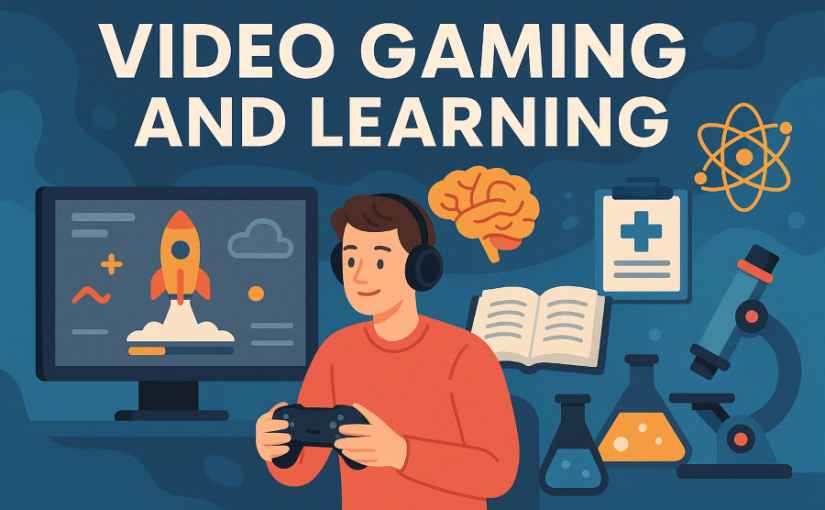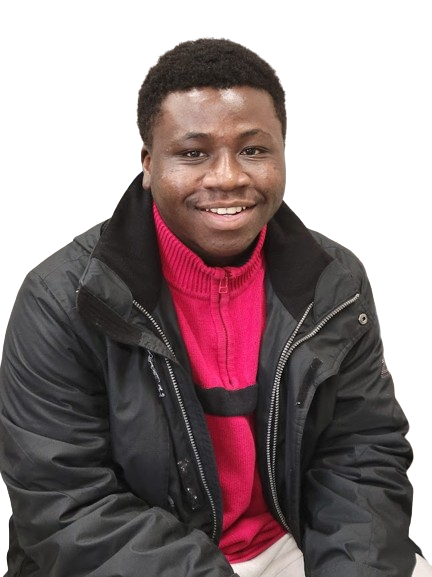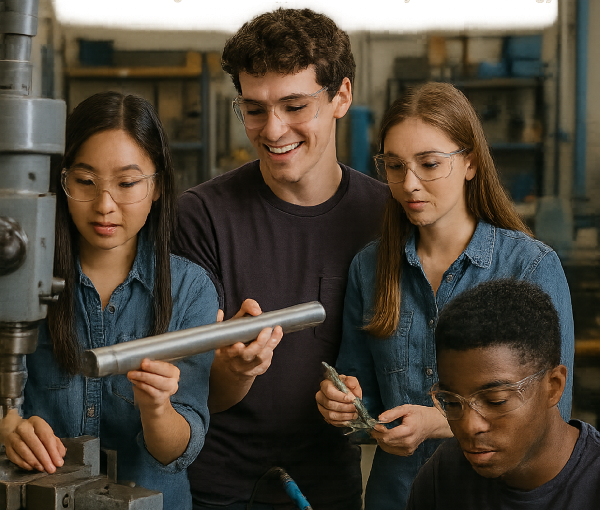Artificial Intelligence (AI) and Machine Learning (ML) are among the most exciting and fast-growing fields in technology today. From recommendation engines and virtual assistants to self-driving cars and fraud detection systems, these technologies are rapidly transforming industries.
But how do you get started in this field—especially if you’re just finishing school or looking to shift into AI from another discipline? This guide will walk you through what entry-level AI/ML jobs look like, what skills they require, and how to begin building a career in this space.
What Are Entry-Level AI and ML Jobs?
Entry-level AI/ML jobs are positions that typically require a solid foundation in mathematics, statistics, and programming, but do not necessarily require years of experience or a graduate degree. These roles often include:
1. Machine Learning Engineer (Junior)
- Builds, tests, and improves models that automate tasks or make predictions.
- Works with data scientists and software engineers to integrate ML models into products.
2. Data Scientist (Entry-Level)
- Cleans and analyzes data, builds statistical models, and communicates insights.
- May use ML techniques for classification, regression, and clustering tasks.
3. AI/ML Research Assistant
- Supports research teams with model development and literature reviews.
- Often found in academic institutions or R&D teams in industry.
4. Data Analyst (with ML Exposure)
- Focuses on exploratory data analysis and may use basic machine learning models for forecasting or segmentation.
5. ML Ops / AI Product Associate
- Assists in deploying, monitoring, and maintaining ML models in production.
- Works closely with DevOps and product teams.
What Skills Are Needed?
While requirements vary by role and company, most entry-level ML/AI jobs expect some combination of the following:
Technical Skills
- Programming: Python (most common), R, SQL
- Libraries/Frameworks: Scikit-learn, TensorFlow, PyTorch, Pandas, NumPy
- Mathematics: Linear algebra, probability, statistics, calculus
- Machine Learning Concepts: Supervised/unsupervised learning, overfitting, model evaluation
- Data Handling: Data cleaning, feature engineering, visualization
- Version Control: Git/GitHub
Soft Skills
- Problem-solving mindset
- Communication and storytelling with data
- Curiosity and willingness to learn
Do You Need a Master’s or PhD?
Not necessarily. While many research roles require advanced degrees, many industry positions are accessible with a bachelor’s degree in Computer Science, Data Science, Engineering, or related fields, especially if you supplement your education with hands-on projects and internships.
How to Gain Experience
If you’re just starting out, here are practical steps to build your profile:
- Complete Online Courses or Certifications: Platforms like Coursera, edX, and Udacity offer courses from top universities and companies.
- Work on Projects: Build ML models for real-world datasets (Kaggle is a great place to start).
- Contribute to Open Source: Join GitHub repositories or ML-related projects to collaborate and showcase your skills.
- Internships and Co-Ops: Many companies offer internships that involve ML and data science work—great stepping stones to full-time roles.
Companies Hiring for Entry-Level AI/ML Roles
- Tech Giants: Google, Meta, Microsoft, Amazon, Apple
- Startups: AI-focused startups often look for energetic generalists with practical skills
- Finance & Healthcare: Firms like JPMorgan Chase, UnitedHealth Group, and CVS Health are investing heavily in AI talent
- Retail and Logistics: Walmart, Target, and UPS use ML for customer experience, inventory forecasting, and logistics
The field of machine learning and AI is constantly evolving, and the demand for skilled professionals continues to rise. Entry-level roles in this space are competitive, but with the right combination of technical foundations, practical experience, and curiosity, you can carve out a rewarding career path. Start small, stay consistent, and build your skills one project at a time.

Economics and Business Analytics double major and a Data Science minor at Lawrence University as well as an Event Coordinator at Pan Asian Organization and Social Media Manager at LU Data Science Club. Connect with Nadika in LinkedIn



